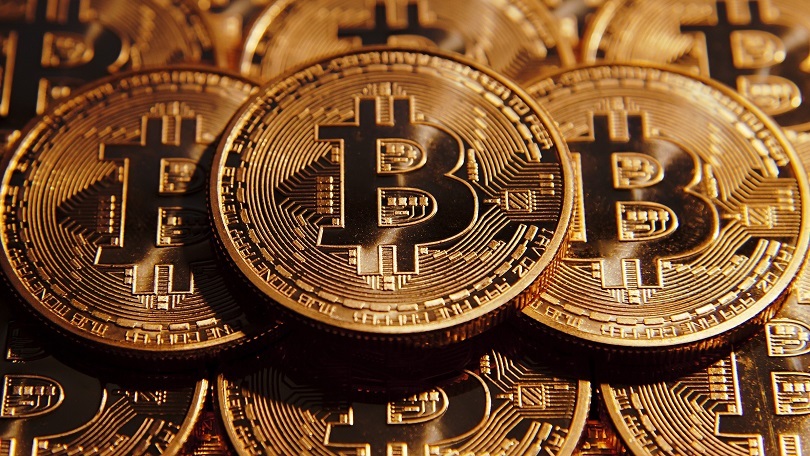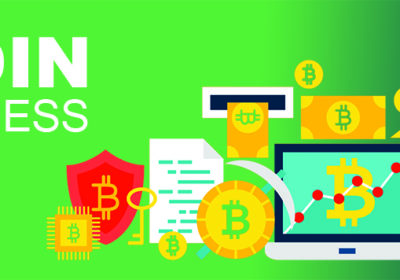In preparation for our upcoming November 12 webinar on crypto governance for corporations, we have tested the three primary US dollar crypto exchanges readily available to US corporations. Any corporation interested in utilizing Bitcoin, Ethereum, or other cryptocurrency needs a fiat on/off-ramp – some service to swap US dollars for crypto. For large volume purchases, an OTC broker may be preferred, but if you are primarily interested in climbing the crypto learning curve and getting your business feet wet you need an on-ramp between the US dollar and crypto. Binance.US, Coinbase, and Kraken all provide both individual and corporate accounts, transfers back-and-forth between your bank, and serve as a trading platform or exchange.
The total application process has taken about 30 days during which we applied for corporate accounts at each of the three exchanges. While there were certainly some similarities in process, there were more differences than we had anticipated.
Much of the experience in applying for a corporate account is driven by US regulations around KYC, or know your customer and AML or anti-money laundering. While the motivation behind each of these sets of regulations is completely understandable, many of the details and implementations truly defy common sense. The regulatory goals include identifying the risk of fraud, criminal activity, money laundering, and terrorism – all laudable goals. In practice, however, much of the practical implementation results in little more than red tape and ridiculous delays.
It makes perfect sense to verify customer identity and legitimacy. The way this is accomplished however does seem slightly idiotic. The majority of the KYC/AML process involves submitting documents to the bank or exchange. I would estimate that over half of the documents requested could easily be created in any word processing application or even by a Photoshop beginner. Any halfwit criminal could easily provide most of the documents requested. End of rant!
Worth noting is that not all exchanges are available yet in all US States. As this information is constantly changing you need to check which exchanges are available in your State of choice.
Rather than keep you in suspense the winner was Coinbase, with Kraken a close second, and Binance.US a distant third. Neither I nor my company Flashstarts have any interest in any one of the three companies. I have been following the crypto economy for the last decade and I began this review with a preference for Binance due to their charismatic CEO. More recently, Coinbase took what I believe to be a mistaken step towards political neutrality by declaring the business to be apolitical. So Coinbase was a begrudging winner. Now onto the details.
All three applications were started and submitted on Tuesday, September 21, 2020. We succeeded in funding our Coinbase account on October 23, 2020. We finally gave up on our Kraken and Binance.US applications because of the delays and hurdles.
The application processes generally fell into three categories: personal identity verification, corporate information and records uploads, and finally bank account integration.
Personal identity consisted of basic email verification, and driver’s license/passport uploads, and then an attempt at facial recognition. Binance facial recognition was particularly problematic.
Coinbase responded to our application on September 26 with some additional questions. Our Coinbase application was approved on September 28 – one week after submission.
Kraken responded to our application on September 23 requesting additional information. Due to a variety of reasons (some of the delays were on us), and a lot of back and forth for several weeks we eventually abandoned the application.
Binance.US responded to our application on October 9 with requests for additional information including some truly unique head-scratching requests like copies of actual customer invoices showing our source of funds, asking how we ‘interact with crypto’, the purpose of the account, and an organizational chart. We have not responded.
This was not a scientific study – only one company’s experience at a single point in time. Once you assemble all the basic information the process is time-consuming but not difficult. So I suggest you do what we did and apply for corporate accounts at all three services. Redundancy and backup planning is an excellent goal in all things crypto!
More feature specific, detailed, and less opinionated reviews are available here:
https://blog.shrimpy.io/blog/coinbase-vs-kraken
https://www.g2.com/compare/binance-vs-kraken
https://cryptobriefing.com/binance-us-coinbase-pro-comparison/
As a side note, I have personal accounts at all 3 exchanges and am generally satisfied. The greatest area of difficulty has been US bank integrations. Much of the difficulty it seems is on the bank side, not the exchange side. I have had integrations that worked for a while and then stopped, one that never worked, and one that only occasionally works. I will also note that Coinbase has had the most frequent outages – where the service is unavailable. Not a big deal for me, because I am not actively trading, but worth noting.
If you would like to hear more about our experience and learn more about implementing crypto and crypto governance in your business please join our free webinar on November 12, 2020.


